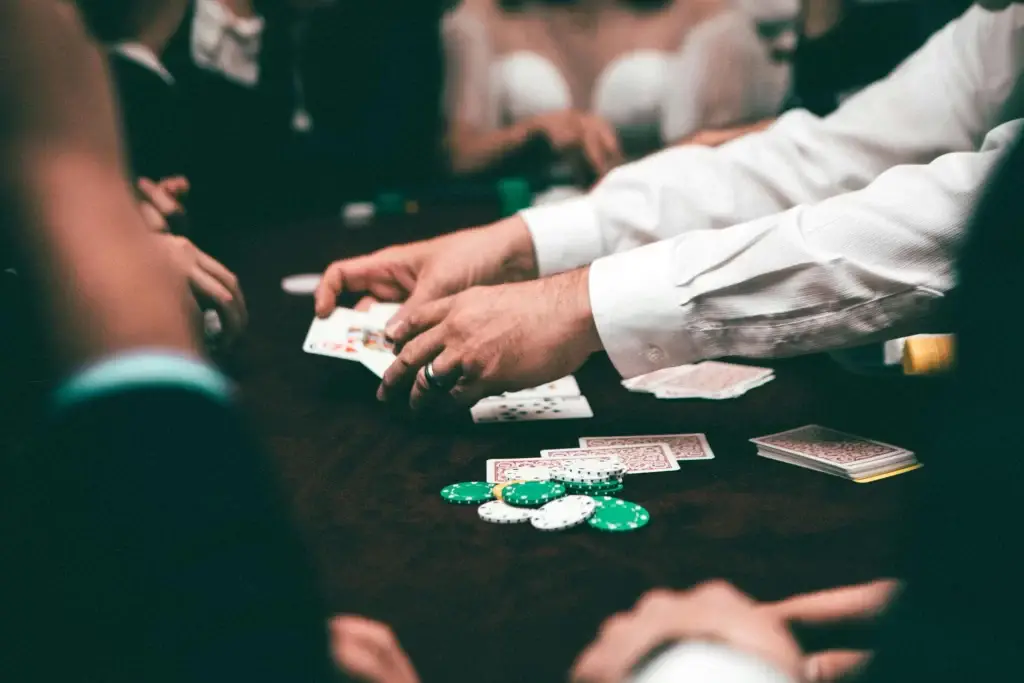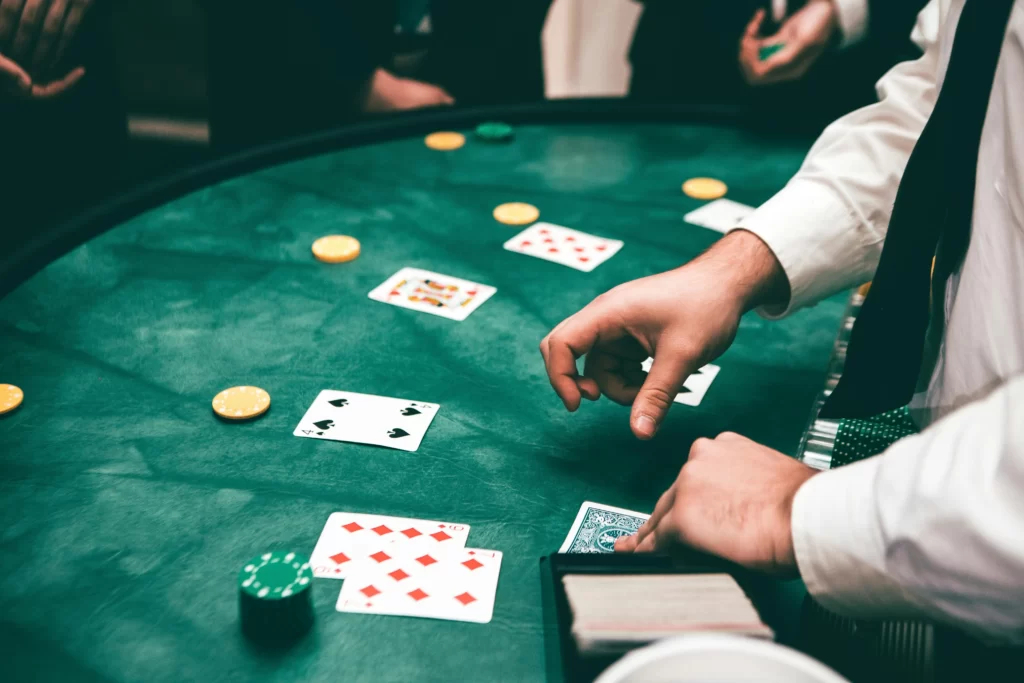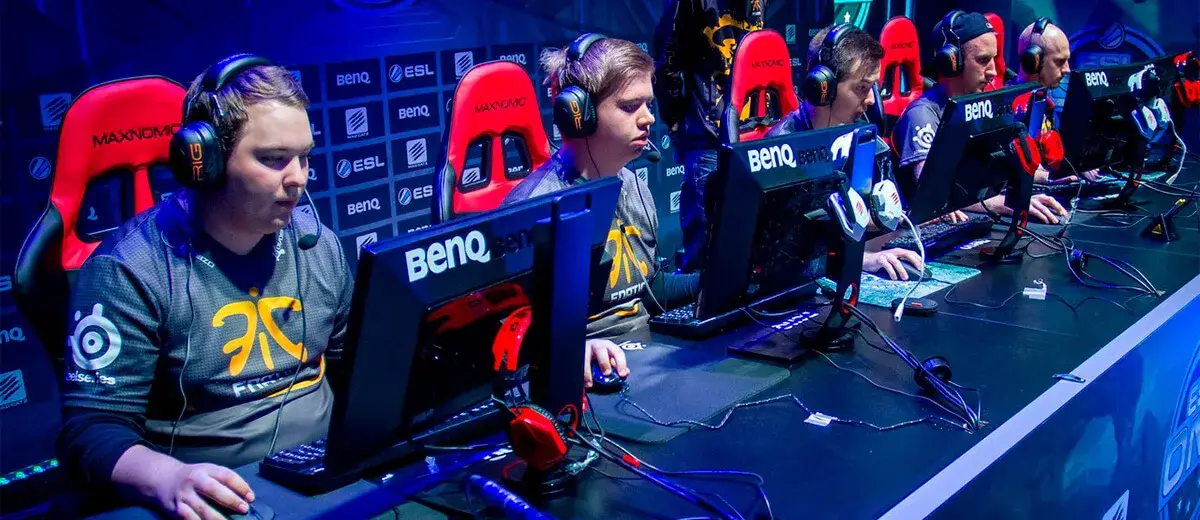Maneuvering card combinations is a unique mixture of skill and luck, making you think about what is really at the table. For some, it is a game of chess, where every move matters, for others, it is just entertainment with the hope of luck. In this article, we will examine in detail whether poker is a sport or a game of chance, and why this question causes so much controversy around the world.
A game of the mind or fortune?
Many people wonder: what is the role of strategy and skills in poker? In fact, it is not just a hope for luck. Any professional player will tell you that analytics, self-control and the ability to calculate probability are extremely important here.

Poker is a sport. This fact is confirmed by the need to make decisions based on tactics and understanding the psychology of opponents. One of the striking examples is the use of mathematics in calculating the odds of winning. If a player understands the probability of a certain combination of cards, his chances of winning increase significantly.
From the beginning of the 20th century to the WSOP
Interestingly, the first tournaments in which the importance of skills became obvious began in the early 20th century. One of the most famous tournaments, the World Series of Poker (WSOP), which started in 1970, demonstrates that skill and strategy are key elements. Here, players come face to face in a fight where every moment requires concentration and calculation, and luck is only a small part of success.
If you are still asking yourself whether poker is a sport, pay attention to successful players. Doyle Brunson, Daniel Negreanu and other legends prove that this type of activity requires no less physical and mental effort than traditional sports. Poker is a game in which not only luck wins, but also years of training, a deep understanding of psychology and the ability to make quick, rational decisions under pressure. These are the qualities inherent in top-class athletes that make poker a real sport.
Around the world, and in Russia: different approaches
 Card games are perceived differently in different countries. In Russia, for a long time, the discipline was considered exclusively gambling entertainment, prohibited and often associated with illegal activities. However, the situation began to change in 2007, when the discipline received the status of an intellectual game, comparable to chess, and became an officially recognized sport. This was a big victory for Russian fans. However, in 2009, the card table was again excluded from the register in Russia, which led to another round of debate on the topic: is poker a sport or not.
Card games are perceived differently in different countries. In Russia, for a long time, the discipline was considered exclusively gambling entertainment, prohibited and often associated with illegal activities. However, the situation began to change in 2007, when the discipline received the status of an intellectual game, comparable to chess, and became an officially recognized sport. This was a big victory for Russian fans. However, in 2009, the card table was again excluded from the register in Russia, which led to another round of debate on the topic: is poker a sport or not.
Poker in the USA: cultural revolution and development
In the USA, on the contrary, poker has long been part of the culture and is perceived as an integral element of intellectual competitions. In 2003, thanks to Chris Moneymaker’s victory at the WSOP, the so-called “poker revolution” began, which changed the perception of the discipline around the world. America saw in the discipline not just entertainment, but an opportunity for self-improvement and athletic achievement. Its recognition as a cultural phenomenon is due to its ability to combine excitement and strategy into a unique symbiosis.
Differences in approaches:
- Legislation: In Russia, the status of the direction has changed, while in the US it is steadily developing.
- Culture: In the US, poker is part of the cultural heritage, in Russia it is considered a controversial game.
- Recognition of sports: In Russia, it was briefly recognized as a sport, in the US it is considered an intellectual discipline.
Why poker is considered a sport: key arguments
To reach heights, you need to train regularly, develop mathematical and psychological skills. Let’s consider what makes poker a sports competition.
- This is a training process. For example, Daniel Negreanu, one of the most famous professionals, has repeatedly said that the key to success is persistent training and the ability to understand opponents. He emphasizes the importance of analyzing past games and constant self-improvement.
- Another important point is participation in tournaments. For professional players, tournaments such as the European Poker Tour (EPT) or World Poker Tour (WPT) are not just competitions, but also an opportunity to test their abilities under maximum stress. For example, in 2022, the WSOP prize pool was more than $80 million, making it one of the largest sporting events.
Poker is recognized as a sport in some countries, such as Italy, Spain, and Brazil, where it is included in the register of intellectual types of competitions. Participation in poker tournaments requires the same disciplines as other sporting events: preparation, training, psychological stability, and a winning mindset. These components bring the direction closer to sports competitions.
Poker and sports: what are the differences?
Can poker be compared with traditional sports? Let’s look at what nuances are striking. Unlike classic sports competitions, card combinations do not require physical training, which immediately distinguishes it from sports such as football or tennis. But instead, it requires deep intellectual abilities, analytical skills, and the ability to control your emotions.
Differences between poker and traditional sports competitions:
- Physical component: There is no physical training, but the intellectual one is at the highest level.
- Psychological pressure: Participation in large poker tournaments, such as WSOP or WPT, resembles sports competitions in terms of psychological pressure and the need for maximum concentration.
- Recognition in the world: In 2010, it was recognized as a sport in some countries, and officially included in the register of intellectual types of competitions.
Officially, poker is not always considered a sport, but the presence of a training process, the need for analysis, preparation and the development of psychological stability make it very similar to an intellectual competition, similar to chess or e-sports.

Final verdict
 So, is poker a sport or a game of chance? On the one hand, there are all the elements that are inherent in sports: competition, training, strategic thinking. On the other hand, you can not exclude the element of luck, which will always accompany any card combination. As practice shows, poker is first of all a test of mind and character, requiring great dedication and ability, which makes it closer to sport than to gambling.
So, is poker a sport or a game of chance? On the one hand, there are all the elements that are inherent in sports: competition, training, strategic thinking. On the other hand, you can not exclude the element of luck, which will always accompany any card combination. As practice shows, poker is first of all a test of mind and character, requiring great dedication and ability, which makes it closer to sport than to gambling.
 en
en  ru
ru  de
de  ar
ar  es
es  nl
nl  hi
hi  fr
fr  it
it  pt
pt  el
el 










